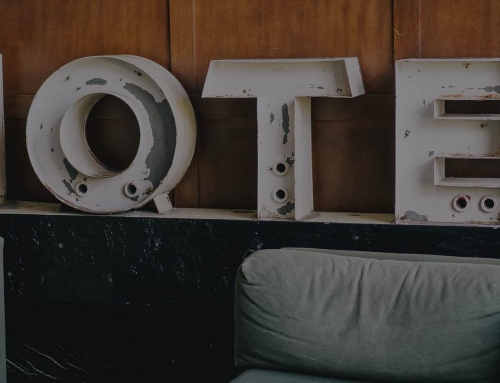By Phuket News Property · October 20, 2021
Condominium ownership in Thailand is one of the most straightforward ways for foreigners to hold property, and this clarity generally extends to inheritance as well. When a condo owner passes away, Thai law provides a defined process for transferring ownership to heirs, although certain conditions apply when the beneficiary is not a Thai national. Understanding how the inheritance process works can help families manage expectations and prepare accordingly.
How condominium inheritance works in Thailand
Condominium ownership is governed by the Thai Condominium Act. When the owner of a unit passes away, the property is transferred according to the terms of their will. If no will exists, the courts apply Thai inheritance law to determine the legal heirs.
A legally recognised will in Thailand generally makes the probate process more efficient, particularly when the beneficiaries live overseas. The executor named in the will must apply to the Thai courts for formal appointment before any transfer of ownership can take place.
What happens when a foreigner inherits a condo
A foreign beneficiary may inherit a condominium in Thailand, provided the transfer does not cause the foreign ownership within the building to exceed the legally permitted quota. Thai law allows up to 49 percent of the sellable area of a condo development to be foreign-owned. If the quota has already been reached at the time of inheritance, the transfer can still proceed, but the beneficiary may be required to dispose of the unit within a timeframe set by the authorities.
Foreign beneficiaries also need to present evidence of qualifying funds if they intend to register ownership in their own name. This requirement mirrors the process for foreign buyers acquiring a condo through normal purchase channels. Required documents can vary depending on the beneficiary’s nationality and the source of funds.
The probate process and necessary documentation
To begin the inheritance process, the executor must submit the will to the Thai courts and request formal appointment. Once approved, the executor can instruct the condominium juristic office and Land Department to proceed with transferring the title.
Documentation commonly includes a certified copy of the will, a court appointment order, identification documents for the executor and heirs, and certified translations when documents originate from overseas. The exact requirements can differ from case to case, particularly when beneficiaries live abroad.
Inheritance when no will exists
If a person passes away without a will, the estate is administered under the Thai Civil and Commercial Code. The courts identify the legal heirs based on statutory priority, which may differ from the deceased’s intended preferences. Because international families often hold assets in multiple countries, having a Thailand-specific will can help avoid delays or complications.
Considerations for heirs living overseas
Beneficiaries who live outside Thailand may need to appoint a representative or attorney-in-fact to assist with the probate and transfer process. Court procedures, document certification and communication with juristic offices can take time, and coordination is often easier when a trusted representative can act on the beneficiary’s behalf.
Heirs inheriting a condo while living abroad may also need to consider future property management, ongoing fees and whether they intend to keep or sell the property after the transfer.
Including beneficiary names on the Foreign Exchange Transaction Form
The Foreign Exchange Transaction Form is an essential document for registering foreign ownership of a condominium in Thailand. It confirms the inward remittance of the funds used to purchase the property, which is a requirement under the Condominium Act. During inheritance proceedings, some courts or Land Department offices may review this document to verify that the original purchase met the qualifying foreign ownership criteria.
In certain situations, including the names of intended beneficiaries on the FETF can provide an additional level of clarity. When beneficiary details are already recorded, it may help streamline administrative steps because the authorities can easily confirm the link between the qualifying funds and the individuals inheriting the property.
While Thai inheritance law and the Condominium Act operate under separate frameworks, and their interpretations may occasionally differ, the FETF remains an important supporting document when transferring ownership to a foreign heir. Having clear information on the form does not replace the need for a will or probate order, but it can help reduce requests for additional documentation during the transfer process.
Ongoing responsibilities after inheritance
Once the condo is successfully transferred, the new owner assumes responsibility for common area fees, utilities, maintenance and any outstanding obligations tied to the unit. Beneficiaries who choose to sell the property can do so once the title transfer is complete, subject to standard procedures for foreign ownership.
Owning a condo through inheritance is generally straightforward, provided all legal requirements are met and the foreign ownership quota remains within permitted limits.













